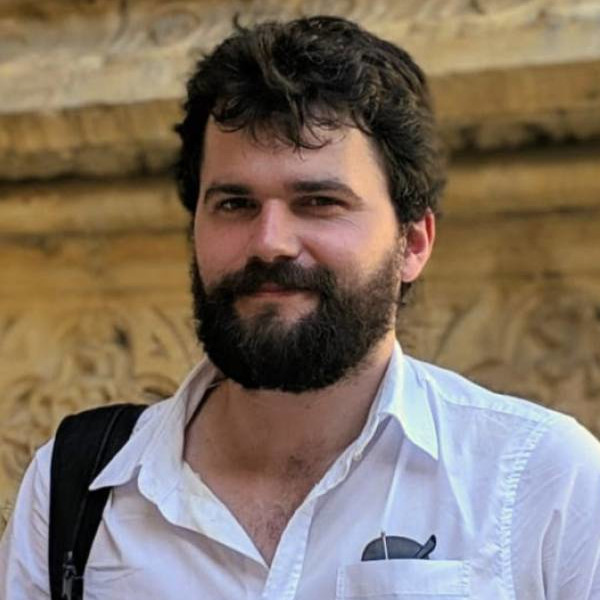Accelerated nested sampling with $β$-flows for gravitational waves

In the rapidly evolving field of gravitational wave astronomy, efficient and accurate inference methods are crucial. Our new work, detailed in “Accelerated nested sampling with $β$-flows for gravitational waves” 2411.17663, introduces a novel technique to significantly speed up the analysis of gravitational wave data using nested sampling. This paper, led by Metha Prathaban, along with contributions from Harry Bevins and Will Handley, addresses the computational bottleneck of nested sampling, particularly when employing complex waveform models for parameter estimation and model comparison.
Nested sampling, while renowned for its reliability in calculating Bayesian evidence and generating posterior samples, can be computationally expensive. The cost escalates with the complexity of the waveform models, often hindering the analysis of gravitational waves from binary black hole mergers. Our research tackles this challenge through posterior repartitioning (PR), a method that strategically leverages nested sampling’s ability to differentiate prior and likelihood contributions.
This innovative approach involves a two-step process. First, a low-resolution nested sampling run provides a preliminary understanding of the posterior distribution. Second, this knowledge informs a “repartitioned prior,” constructed using a β-flow, a new type of conditional normalizing flow designed specifically to capture the often-crucial tail probabilities of the posterior. This repartitioned prior, conditioned on an “inverse temperature” β, is then used in a high-resolution nested sampling run. By effectively concentrating the computational effort in the most relevant regions of parameter space, we demonstrate a substantial reduction – up to an order of magnitude – in the number of likelihood evaluations needed for convergence.
We validated our method on both simulated and real binary black hole merger data, demonstrating not only the substantial acceleration but also the robustness of β-flows compared to standard normalizing flows. The β-flows consistently recovered accurate posteriors and evidences, even where standard normalizing flows faltered. The improved efficiency offered by this technique holds immense promise for faster model comparison and parameter estimation, accelerating our exploration of the universe through gravitational waves. For a comprehensive overview of nested sampling and its applications, readers are encouraged to explore resources like 10.1214/06-BA127 and 10.1038/s43586-022-00121-x. We also highlight the connection to other acceleration methods such as likelihood reweighting 10.1103/physrevd.100.123017 and reduced order quadrature 10.1103/PhysRevD.108.123025.



Content generated by gemini-1.5-pro using this prompt.
Image generated by imagen-3.0-generate-002 using this prompt.